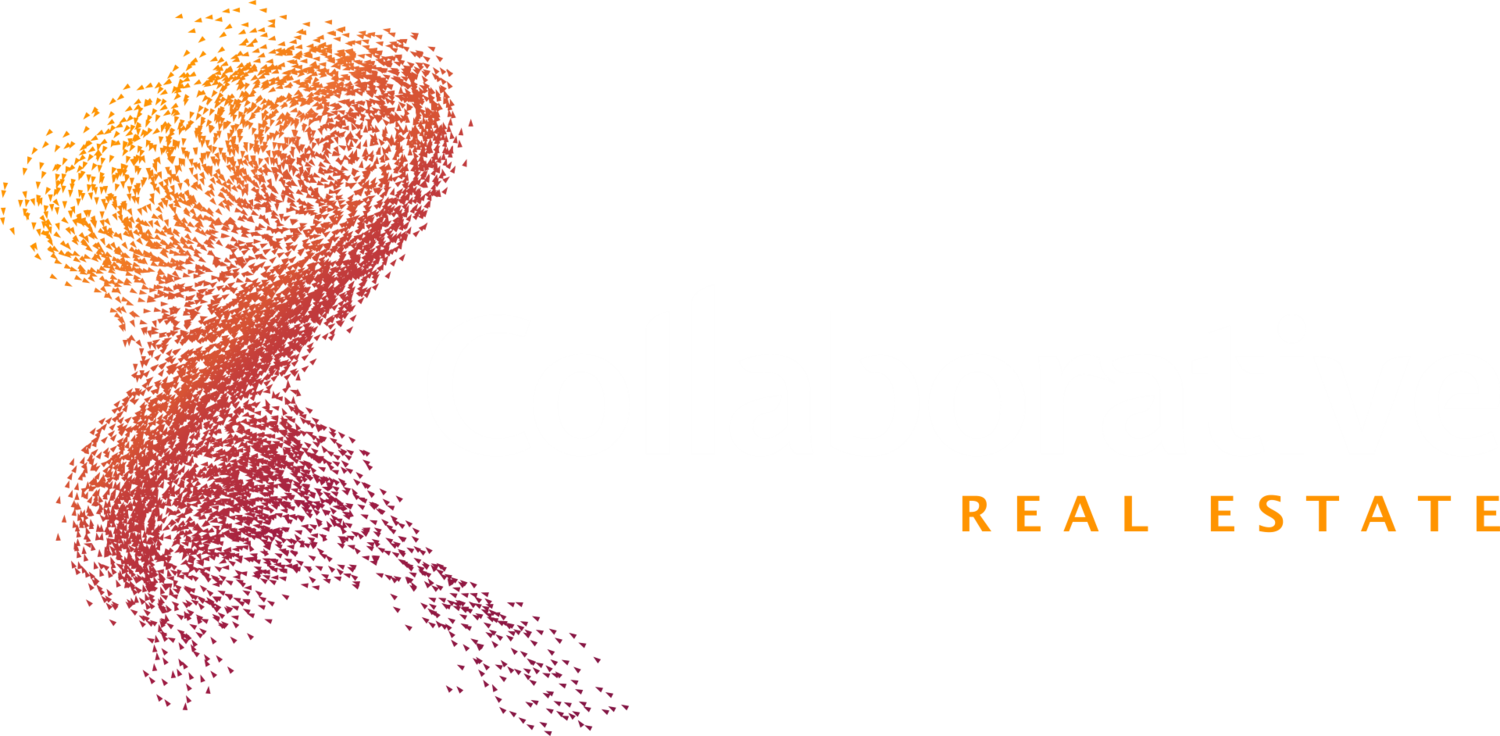Innovation Ecosystem: Assessing Pittsburgh’s Current and Future Climate
Introduction
Pittsburgh leaders joined Collaborative Real Estate, The University Financing Foundation, Inc. (TUFF), and University-Industry Demonstration Partnership (UIDP) for a workshop on November 4, 2021, focused on harnessing the recent growth of the Pittsburgh innovation ecosystem to catalyze future expansion of the region.
The “Innovation Ecosystem: Assessing Pittsburgh’s Current and Future Climate” workshop convened national experts and local leaders who weighed in on current challenges and promising aspects of this robust, evolving landscape.
Discussion topics included:
Data informed analysis of the innovation environment at both the local and international levels.
How federal legislation and liquidity is impacting the current state of innovation.
Unique factors that promote growth of the Pittsburgh regional economy.
The essential need for both diversity and R&D investment.
The Pittsburgh startup scene as a competitive advantage.
Talent and tactics to attract talent.
The importance of high-quality anchor research universities.
Local support for economic development.
Session I: Competing for the Future: Pittsburgh Metropolitan Region-Innovation Roundtable
Ann Gabriel and Daniel Calto, Elsevier
The speakers shared analytics related to regional research output and impact derived from the Scopus database of more than 80 million scientific publications. Academic-Industry collaboration metrics were also highlighted. The data indicates that Pittsburgh is a strong midsize city ready to compete. Pittsburgh's industrial heritage, active venture capital participants, two anchor institutions (Carnegie Mellon University and University of Pittsburgh), expertise in biomedical research, engineering and IT, and active start-up scene are critical contributing factors. Many other cities are replicating these advantages and competing effectively. Building up midsized to large R&D-intensive firms in the metro region would be an outstanding compliment to its current capacities.
Session II: Federal Innovation and Funding Landscape Discussion
Leslee K. Gilbert, Van Scoyoc Associates
In the context of the imminent potential for significant increases in federal R&D funding, national policy expert, Leslee K. Gilbert described the current climate in Washington and how proposed federal legislation may impact Pittsburgh. One key recommendation is for Pittsburgh to partner regionally with rural areas in Western Pennsylvania and West Virginia to best position the region for success in securing federal investments.
Several significant items related to innovation and entrepreneurship were highlighted, including:
The United States Innovation and Competition Act (USICA), an authorization package that carries substantial policy changes and proposed funding increases at the National Science Foundation and the Department of Commerce.
The $1.2 trillion “Build Back Better” reconciliation package, which was recently signed into law.
Procedural challenges related to enacting the reconciliation funding bill before passage of the USICA authorization legislation.
The fiscal year 2022 appropriations process.
Session III: Panel Discussion with Innovation Champions in Pittsburgh
Sean Luther, InnovatePGH; Evan Facher, University of Pittsburgh; Mark Nolan, Carnegie Mellon University | Moderated by Anthony Boccanfuso, UIDP
This panel session explored an array of topics, including where Pittsburgh stands currently and future goals for the city; how the startup scene creates a competitive advantage; the need for stronger talent attraction; support for economic development; the importance of anchor universities; garnering attention in Pittsburgh and the essential need for both diversity and investment.
With Pittsburgh’s abundance of local colleges and universities, anchored by Carnegie Mellon University and the University of Pittsburgh, the region has been a magnet for corporate attraction for more than two decades. The challenge in nurturing future growth lies in finding industry partners who will bring increased value to the region. Having two institutional anchors with separate R&D focus areas (robotics and life sciences) further enhances the ecosystem. However, to nurture future growth and to help overcome inherent challenges, three recommendations for action emerged:
Greater investment from the state government.
Promoting the region as a desirable place to live.
Greater effort to connect and engage the surrounding marginalized communities.
The industrial heritage of Pittsburgh is a unique strength. While boosting R&D, that heritage can be leveraged to create a more robust, globally competitive and diverse innovation community. Workforce development will be a key differentiating factor for Pittsburgh if programs are developed properly.
Conclusion
The event highlighted both the opportunities and barriers for growth in Pittsburgh’s innovation community. Federal government agencies can play a key role through R&D investment, but the region must coalesce and leverage the overall strength of Pittsburgh, as an alternative to promoting disparate silos. Participants expressed a desire to reconvene to continue these critical conversations about catalyzing future growth for Pittsburgh’s innovation ecosystem.

